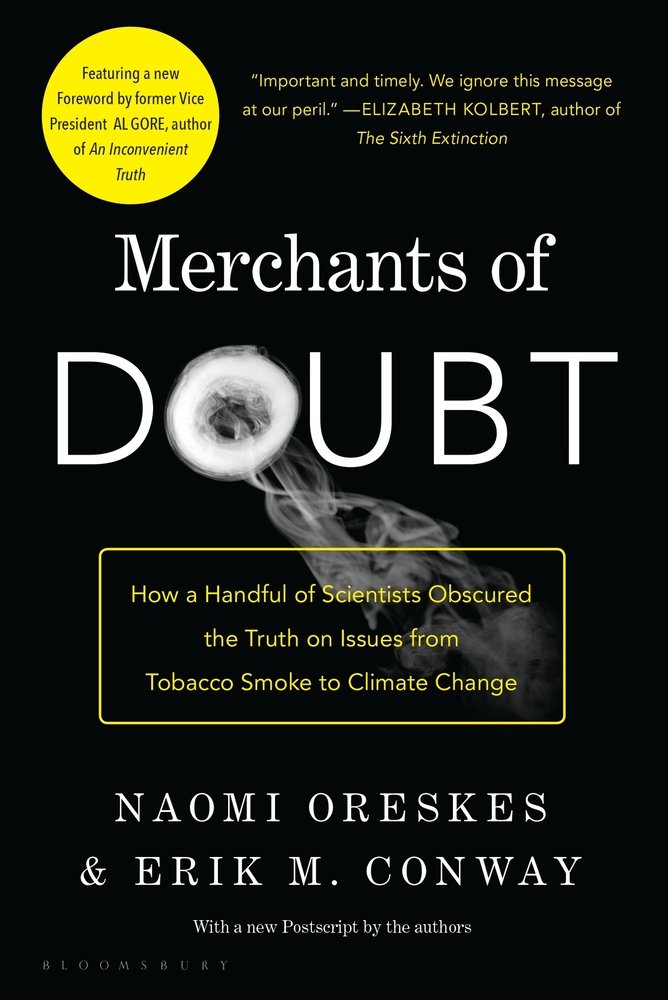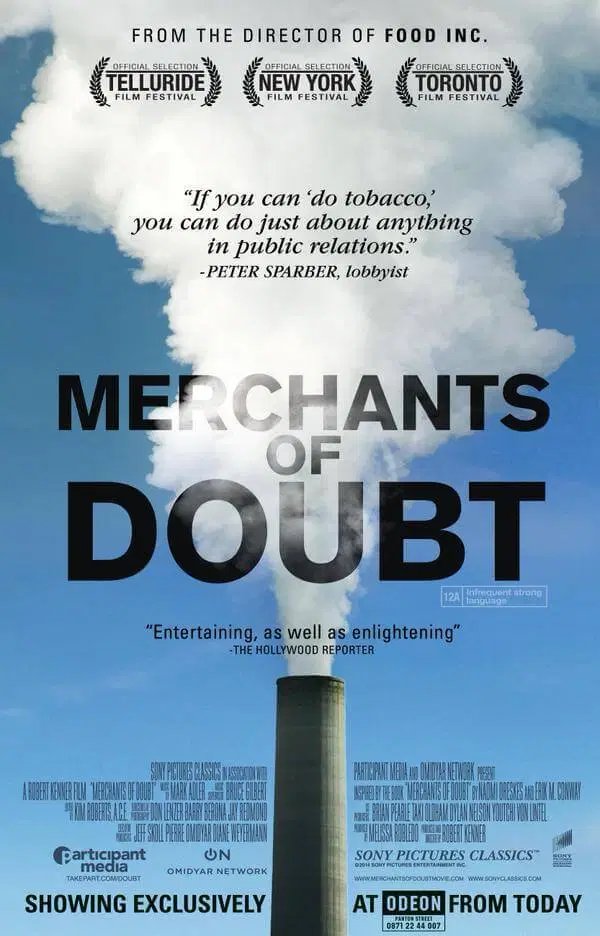
I just read the ProPublica article (I got back yesterday after 10 days of being disconnected). Overall, I think it's good but one-sided. I'm not remotely depressed, there's a lot of joy in our household, and we don't really look this emo!
propublica.org/article/the-cl…
propublica.org/article/the-cl…
I think climate emotions run the gamut. In my case, as opposed to being depressed, I'm afraid, frustrated, and furious - with brief intense spikes of grief thrown in every month or so for good measure.
Also, yeah, low-energy living comes with tough lessons, but it's also fun. I LOVE gardening and growing fruit trees! And you do need lots of compost to do that well... I was actually a decent chicken-keeper, back when I did it. And dumpster diving is better than you think
The main reason I dove into low-energy living was to push against the systems that force us to burn lots of fossil fuel, and explore those edges, and what it feels like to push past some of them. Also simply because I hate burning fossil fuel... it harms others!
But overall, the piece captures the terror, helplessness, and salience of that awful heatwave and climate fire quite well. And also the burden of holding this knowledge in the midst of a society that is largely ignoring it. Which I know a lot of you feel, as well.
Also... fwiw... Liz amped up the searing emotions of a very stressful moment and left out any hint of love and joy, the depth of trust and love in my relationship with Sharon and my boys, and all the really careful, hard work I've done to create change over the last 10 years.
• • •
Missing some Tweet in this thread? You can try to
force a refresh






